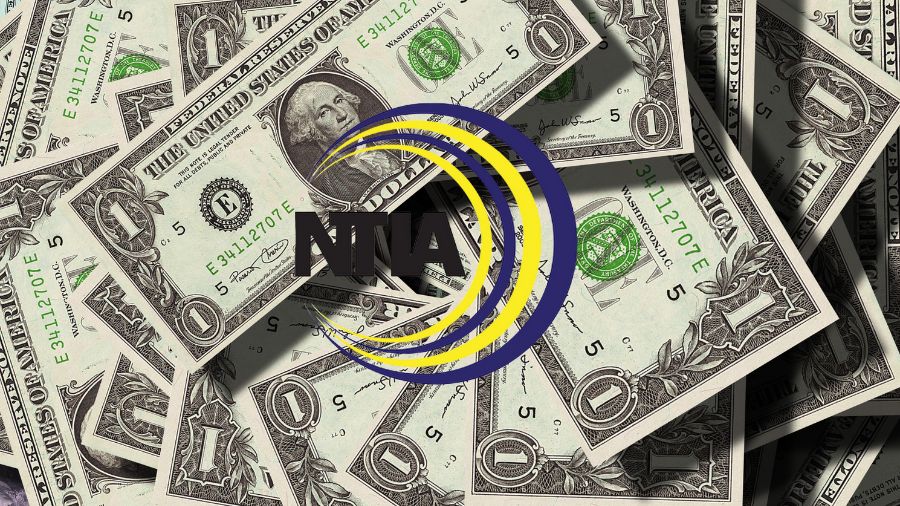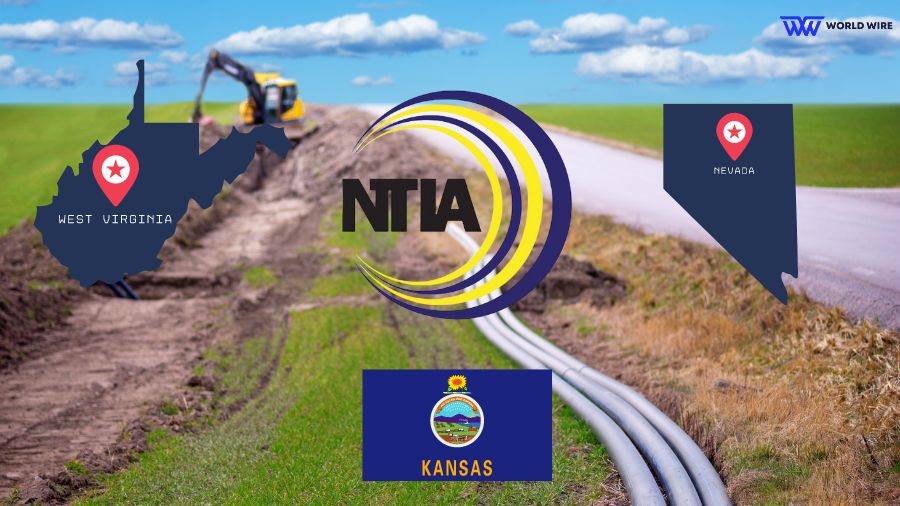The Department of Commerce National Telecommunications has approved the initial proposals for the Broadband Equity Access and Deployment (BEAD) program.
Kansas, Nevada, and West Virginia were the first three states to take the initiative,, request access to funding,, and begin implementing the BEAD program.
The BEAD program is the major objective of the Biden-Haris Administration -“Internet for All.”
It aims to extend broadband access to underserved and unserved areas by narrowing the digital divide.
The BEAD program is a part of the Bipartisan Infrastructure Law and aims to allocate $42.45 billion toward improving rural broadband access across the United States.
The approved proposals from Kansas, Nevada, and West Virginia signify the first step in utilizing this funding to provide reliable, affordable, high-speed internet service to areas lacking adequate access.
On this approval, U.S. Secretary of Commerce Gina Raimondo commented, “Thanks to President Biden’s Investing in America agenda, we’re connecting everyone in Kansas, Nevada, West Virginia, and every state in America to quality, affordable Internet service and the jobs, healthcare and educational opportunities it provides.”
She added, “I commend the teams in Kansas, Nevada, and West Virginia for their tireless work to ensure everyone in their state has access to reliable high-speed Internet service.”
Further, Assistant Secretary of Commerce for Communications and Information and NTIA Administrator Alan Davidson said in a press release, “Today’s announcements mark another milestone in the effort to close the digital divide across America.”
“Kansas, Nevada, and West Virginia have created strong plans — reflecting their unique needs — to deploy reliable, affordable high-speed Internet service across their states. I congratulate each of the state broadband offices for their commitment to connecting the unconnected within their borders.”
Once deployment goals are met, each state must submit a final proposal one year after their initial proposal is fully accepted.

This final proposal outlines how the state will select subgrantees and ensure broadband service reaches all locations within their jurisdiction.
Previously, only Louisiana had received approval for both volumes of its Initial Proposal, and final approval was granted in mid-December.
This approval freed up $1.3 billion in BEAD funding for the state, allowing them to move forward with their broadband initiatives.
The BEAD program involves 56 entities, including the 50 states, the District of Columbia, and territories.
These entities are responsible for making decisions regarding the allocation of BEAD funding.
National Economic Advisor Lael Brainard also states, “Thanks to the BEAD program, states like Louisiana will now have the tools to ensure that every household and small business in America has access to affordable high-speed Internet – delivering on the President’s commitment to lower costs. I congratulate NTIA and Governor Bel Edwards for this critical milestone.”
Also, the Federal Communications Commission’s Affordable Connectivity Program offers discounts of up to $30 per month for eligible households and up to $75 per month for those living on qualifying Tribal lands toward Internet service costs.
However, the ACP program ends next month, which may cause more providers to sign up for the BEAD program.







Add Comment